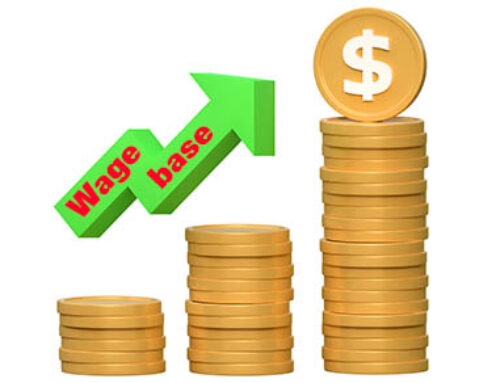In recent years, the accounting rules for certain balance sheet items have transitioned from historical cost to “fair value.” Examples of assets that may currently be reported at fair value are asset retirement obligations, derivatives and intangible assets acquired in a business combination. Though fair value may better align your company’s financial statements with today’s market values, estimating fair value may require subjective judgment.
GAAP definition
Under U.S. Generally Accepted Accounting Principles (GAAP), fair value is “the price that would be received to sell an asset in an orderly transaction between market participants at the measurement date.” Accounting Standards Codification Topic 820, Fair Value Measurements and Disclosures, explains how companies should estimate the fair value of assets and liabilities by using available, quantifiable market-based data.
Topic 820 provides the following three-tier valuation hierarchy for valuation inputs:
- Quoted prices in active markets for identical assets or liabilities,
- Information based on publicly quoted prices, including older prices from inactive markets and prices of comparable stocks, and
- Nonpublic information and management’s estimates.
Fair value measurements, especially those based on the third level of inputs, may involve a high degree of subjectivity, making them susceptible to misstatement. Therefore, these estimates usually require more auditor focus.
Auditing estimates
Auditing standards generally require auditors to select one or a combination of the following approaches to substantively test fair value measurements:
Test management’s process. Auditors evaluate the reasonableness and consistency of management’s assumptions, as well as test whether the underlying data is complete, accurate and relevant.
Develop an independent estimate. Using management’s assumptions (or alternate assumptions), auditors come up with an estimate to compare to what’s reported on the internally prepared financial statements.
Review subsequent events or transactions. The reasonableness of fair value estimates can be gauged by looking at events or transactions that happen after the balance sheet date but before the date of the auditor’s report.
Outside input
Measuring fair value is outside the comfort zone of most in-house accounting personnel. Fortunately, an outside valuation expert can provide objective, market-based evidence to support the fair value of assets and liabilities. Contact us for more information.
© 2021




